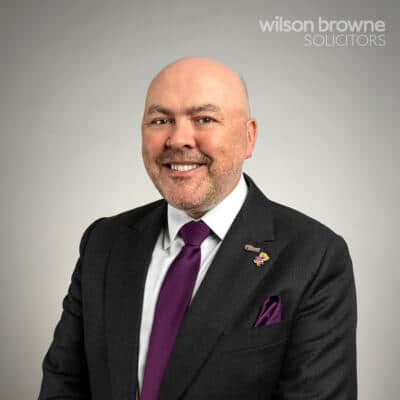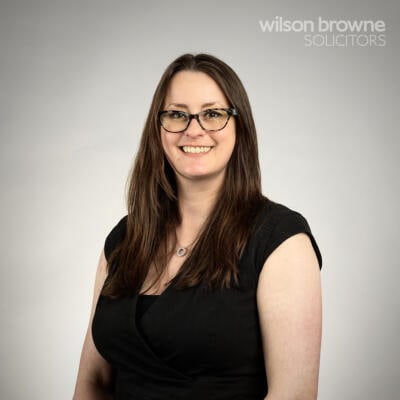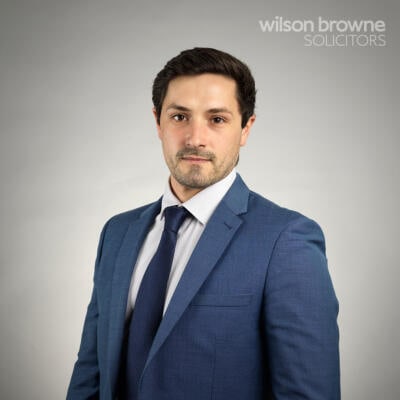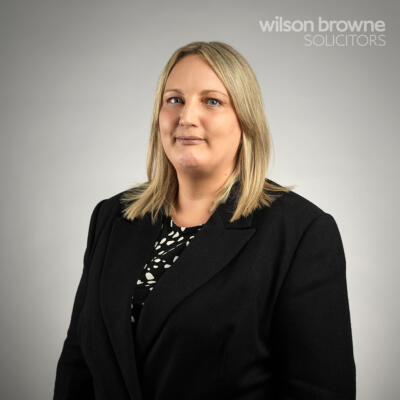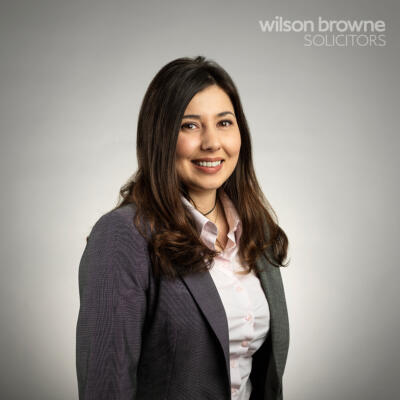Intellectual Property (IP) Disputes, Trademark, Patent and Copyright Disputes
Reasons to choose Wilson Browne
Patents, Trade Marks, Intellectual Property – they are all vital business assets.
With something that is largely intangible, it’s easy to see how disputes arise. No doubt many of in business have attended training courses and been given a set of ‘hand-outs’: that doesn’t mean that the notes are open to being freely copied and redistributed!
Disputes can arise when another business or person infringes your rights – in simple terms they may be ‘ripping off’ your hard-earned materials, knowledge, discoveries or inventions.
Protecting your intellectual property
Every business should try and keep abreast of its own IP – you can even check for things like plagiarism on Google with a few free or inexpensive bit of software. Large scale IP infringement/theft could potentially amount to a criminal offence but don’t rely on it and be prepared to have to fight your own battles. Trading standards is a good place to start if you think this applies.
In the first instance you should simply ask the other party to stop. If they refuse, consider mediation or dispute resolution.
The Intellectual Property Office (IPO) offers advice and help and is one source you may choose to turn to.
1. Does my work have to be original for me to benefit from copyright?
Yes, it will need to be your own work.
As copyright cannot be registered, you will need to prove that the particular copyright exists before you can claim someone is using it.
2. What can I copyright?
Only certain categories of works are protected by copyright. There is a strict list of what can be copyrighted contained within legislation (Copyright Designs and Patents Act 1988). If you work does not fall within one of the categories on the list, it will not benefit from copyright. The following can be protected by copyright:-
- Original literary works (e.g. a script for a play)
- Original dramatic works (e.g. the production of the same play)
- Original musical works (e.g. the tune for a song within that play)
- Original artistic works (e.g. photographs advertising the play)
- Films/sounds/recordings/broadcasts (e.g. if the play was to be made into a film)
- The layout of published editions of written, dramatic and musical work.
3. Does my employer own my ideas?
The law of copyright places a special emphasis on who is the author of a work. If you have created the work which is the subject of copyright, you will be the author.
This fact will not change. However, if you have created the work in the course of your ordinary employment, it is likely that your employer will own your work (you will still remain the author, but your employer will be the owner).
You should check your contract of employment for any provisions relating to this.
4. Can more than one person hold copyright in something?
Yes, it is possible to have more than one owner in copyright.
5. Can I use photos from the internet and put them on my website?
If you use any of the works that can be protected by copyright without the consent of the owner, you may be liable for copyright infringement. It is always best to seek permission first before using works of others.
There are certain websites which may allow you to use images free of charge, but place restrictions on your use; it is important to make sure you are aware of these restrictions.
6. What can count as infringement?
One of the most common forms of infringement is copying and this is defined in legislation as reproducing in any ‘material form’. For example, if you publish a book online then print and sell it, it is not the original, but still a ‘material form’.
Other examples of infringement include issuing copies of the copyrighted work to the public, performing, showing or playing the copyrighted work in public and communicating the copyrighted work to the public.
For more information, click here
7. Could I infringe copyright accidentally?
As copyright is not a monopoly right, the person who is claiming infringement will have to prove that you have not infringed their copyright accidentally.
A monopoly right means that once registered, the owner is able to prevent others from using the right without their permission. This includes patents and trademarks, as well as other registered designs.
There are legal tests to do this and one of the considerations is whether you had access to the copyrighted work in question. It is first up to the person claiming you have infringed their copyright (the claimant) to prove you did just that. If the claimant can prove this, it is then up to you (the defendant) to prove you did not. This of course means that there is a chance you may infringe copyright accidentally.
If you are worried that what you are doing may infringe someone’s copyright, you might want to consider stopping as soon as possible, but you really should take advice before doing taking any action.
8. I think someone is infringing my copyright, what should I do?
If you suspect someone is infringing your copyright, contact us here for further advice.
As an owner of copyright, you have remedies in copyright law against the infringer. These can include damages or an account of profits (recovering profits from the infringer) and injunctions, which may be granted by the courts.
Speak to us about what is right, contact us here or call 0800 088 6004.

